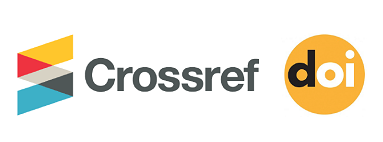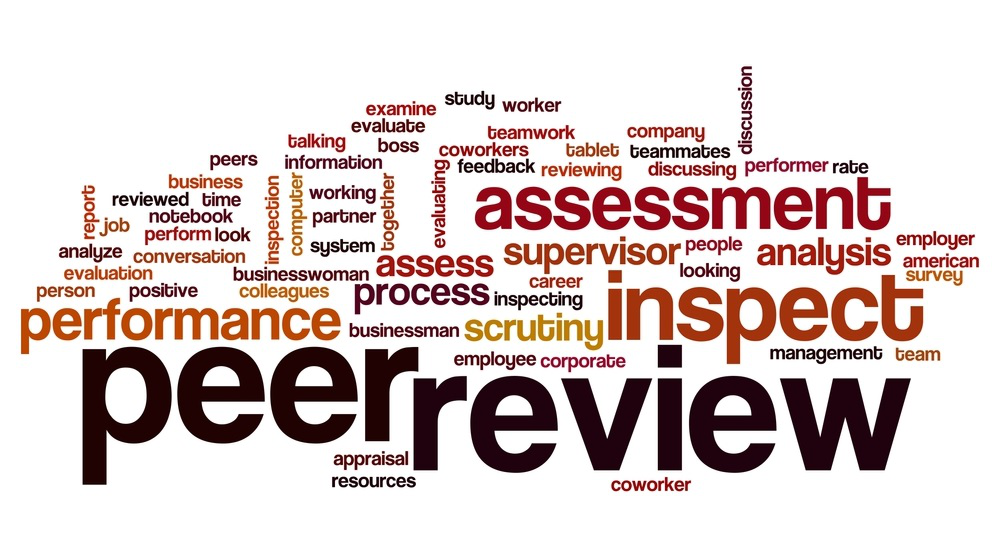Transparency, Privacy, and Accountability in AI-Enhanced HR Processes
DOI:
https://doi.org/10.69987/JACS.2023.30302Keywords:
AI-Enhanced HR, Artificial Intelligence, Recruitment, Ethical Management, AI-Augmented HRMAbstract
The proliferation of Artificial Intelligence (AI) in Human Resource Management (HRM) has transformed how organizations approach recruitment, performance evaluations, employee engagement, and workforce planning. Despite AI’s potential to improve efficiency and reduce human biases, it also introduces significant ethical challenges, particularly in areas such as fairness, transparency, and privacy. This study develops a comprehensive theoretical framework that equips HR managers with the competencies necessary to ethically govern AI-augmented HRM processes. The framework focuses on five key areas: bias detection and mitigation, fairness in AI-driven decisions, transparency and explainability, privacy and data protection, and accountability and oversight. It also provides actionable strategies for integrating these ethical competencies into organizational AI governance through continuous training, policy development, and collaboration with AI specialists. Theoretical analysis, supported by a probability model, demonstrates the positive impact of ethical governance on mitigating bias and promoting fairness in AI-augmented decision-making. The findings highlight the importance of proactive ethical governance in ensuring that AI systems align with organizational values and legal standards, fostering trust among employees and stakeholders. This paper’s contributions fill a gap in the current literature by offering practical guidance for HR managers to navigate the ethical complexities of AI in HRM. Future research should empirically test this framework in various organizational contexts to assess its long-term impact on AI governance in HRM.
Downloads
Published
Issue
Section
License
Copyright (c) 2023 © 2024 Journal of Advanced Computing Systems (JACS). All rights reserved. Authors retain copyright and grant JACS right of first publication under a Creative Commons Attribution License.

This work is licensed under a Creative Commons Attribution 4.0 International License.











